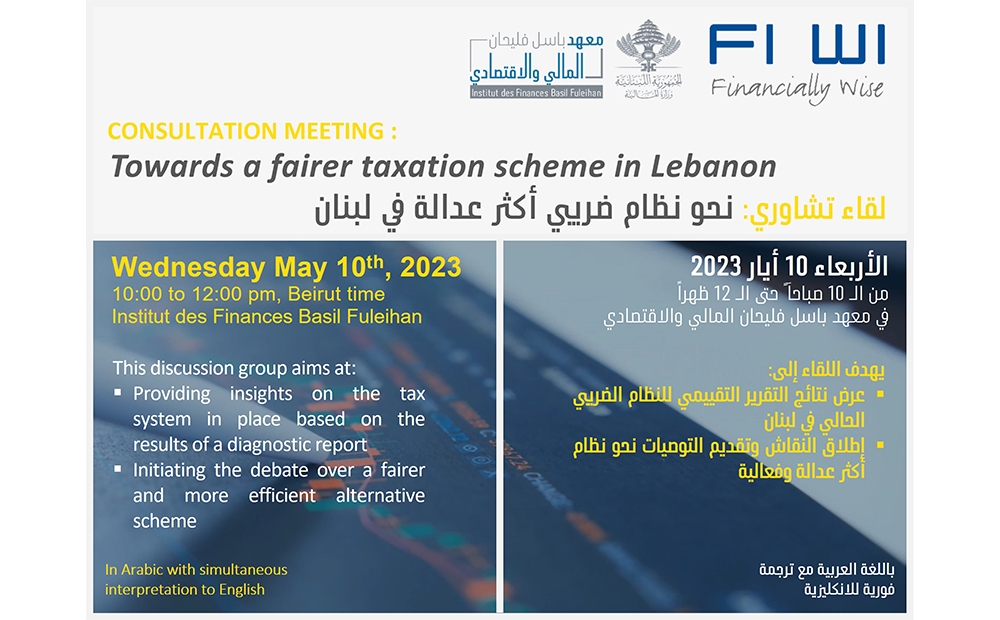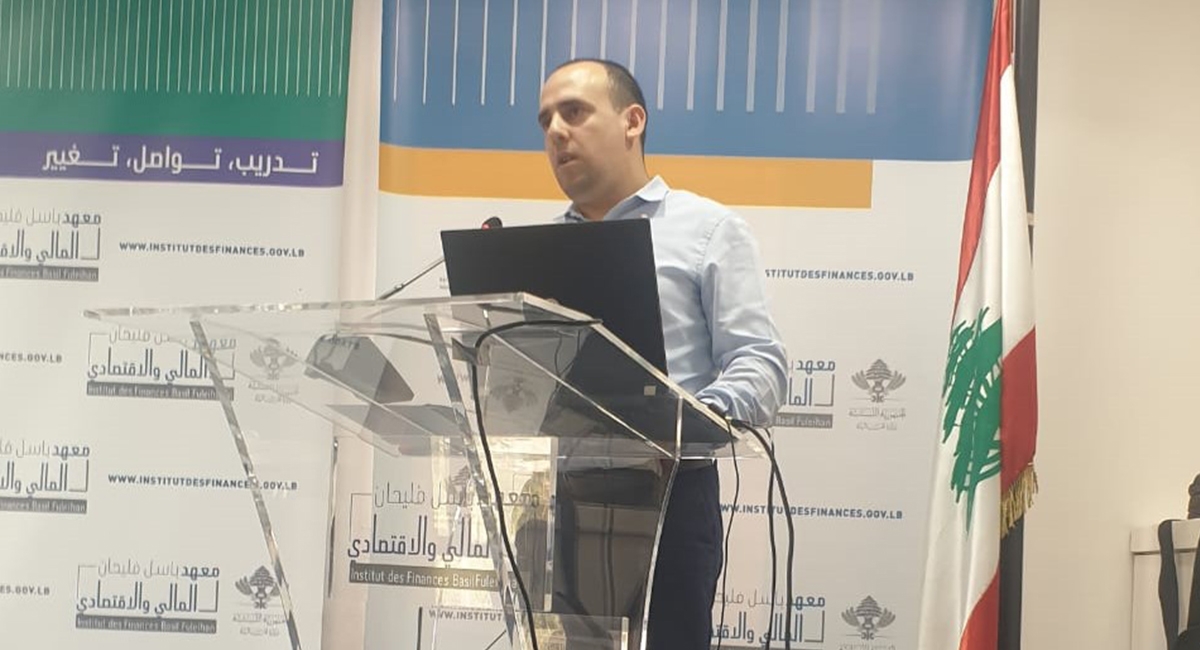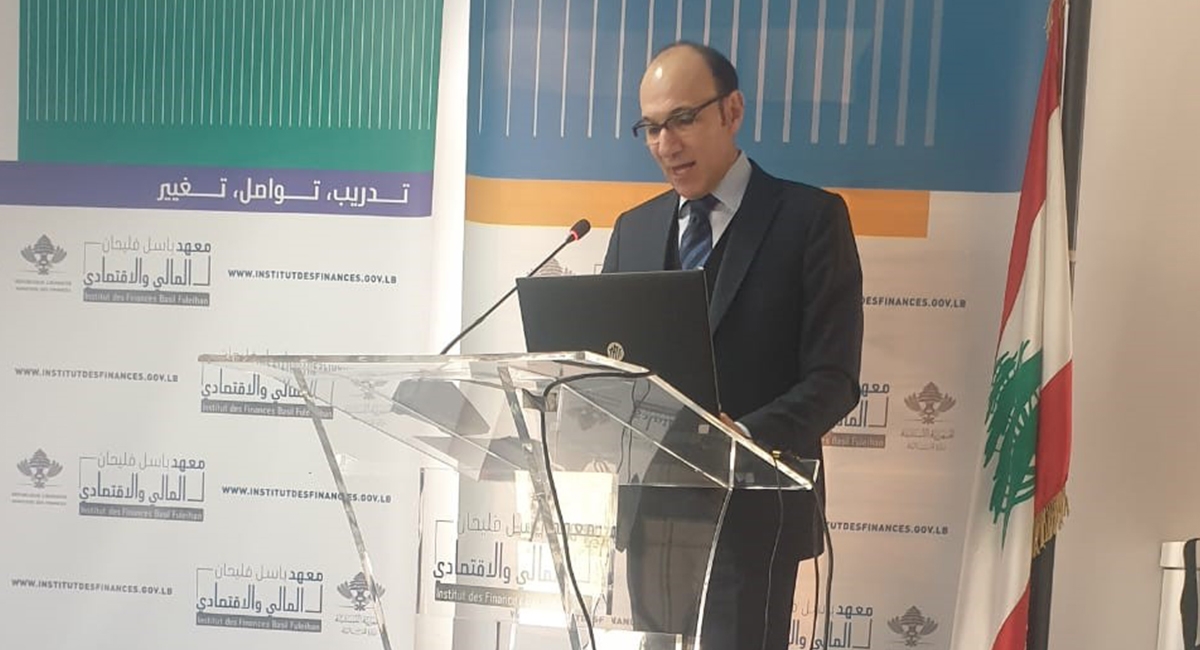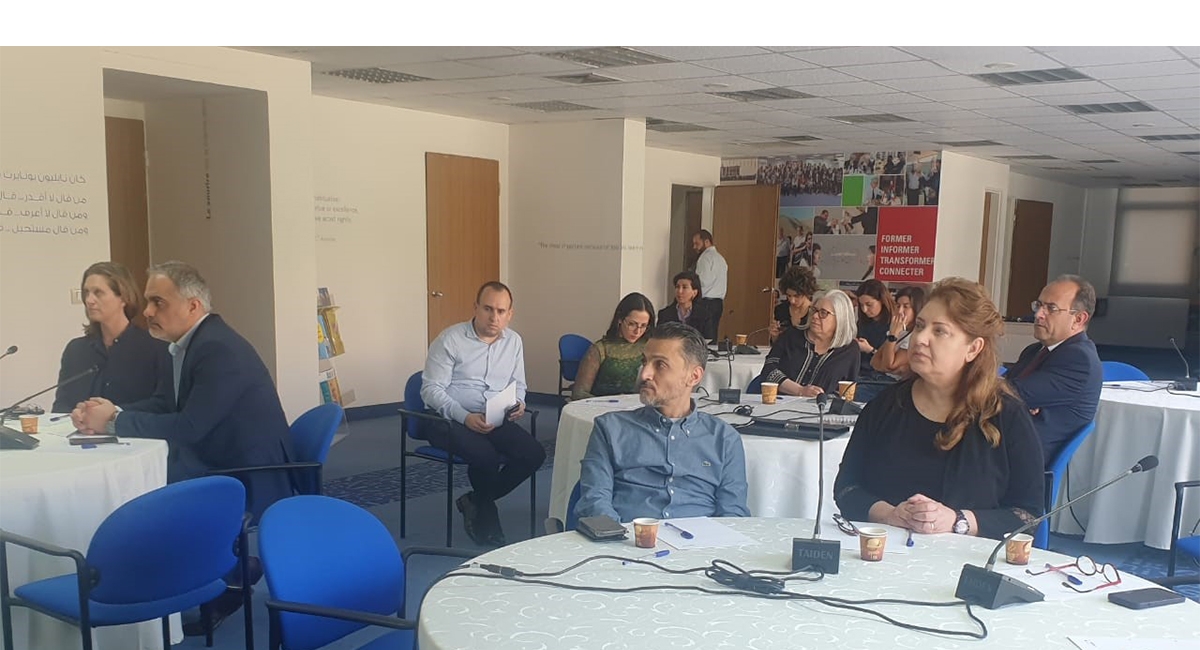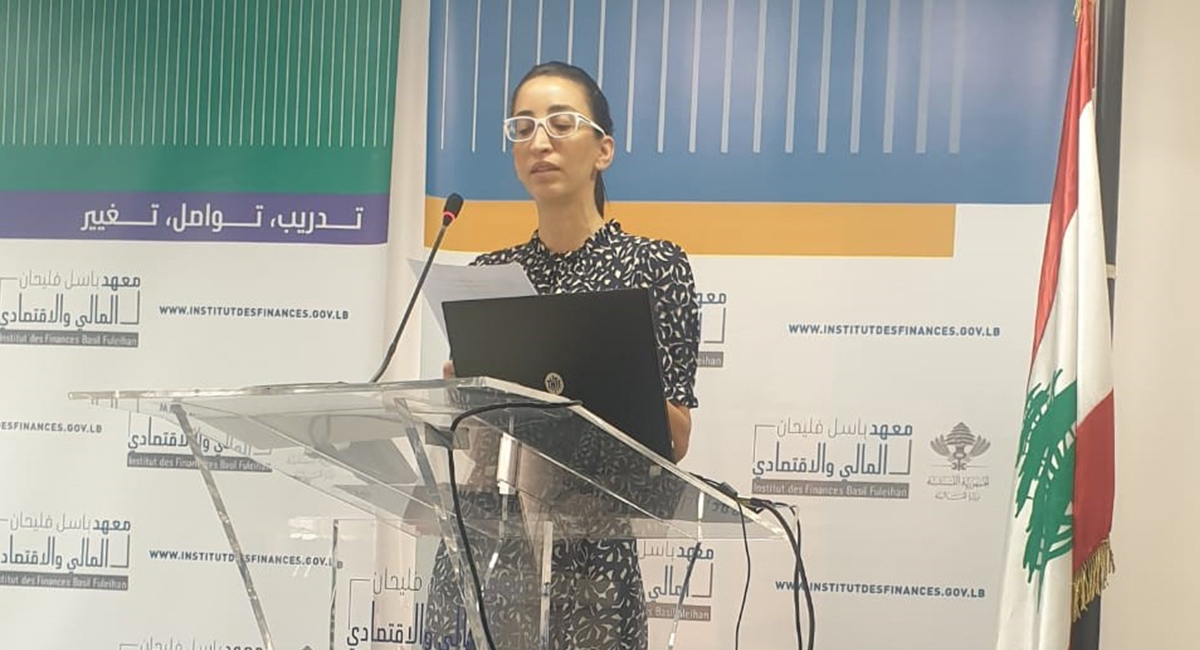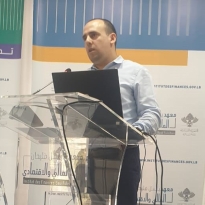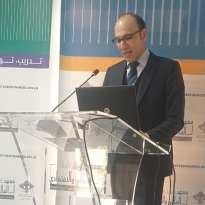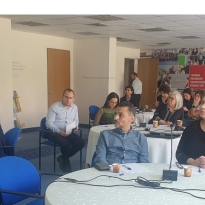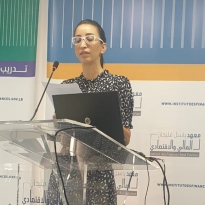Since October 2019, Lebanon has been witnessing a series of unprecedented crises that drained its vital resources and led to the greatest economic contraction of the country’s history, The devaluation of the Lira has devastated lives and impoverished millions. Inequality has remained at outrageous levels for years. Even before the crisis, the richest 10 percent received five times more income than the bottom 50%. This was exacerbated by a tax system that rewards the banking sector, encourages tax evasion, and concentrates wealth in the hands of the few. In the meantime, the population is subject to regressive taxes that hit the poorest.
In this context, the Lebanese government is called to re-think its taxation scheme, not only as a mean to replenish needed funds for recovery, but also as a mean to support growth while helping the country maintain fiscal sustainability and reduce inequalities. The expected reform is an opportunity to build a fairer and more efficient tax system for Lebanon.
In light of this context, Financially Wise (FIWI) in collaboration with the Institute of Finances Basil Fuleihan (IOF) organized a consultation meeting to discuss the results of a diagnostic report that aimed at analyzing gaps and challenges in the current taxation scheme and providing action-oriented recommendations and corrective measures that, once implemented, can render the tax system more efficient and fairer.
The consultation meeting gathered representatives from donor community, CSOs and media in addition to economists and fiscal policy experts.
Check the final report.

